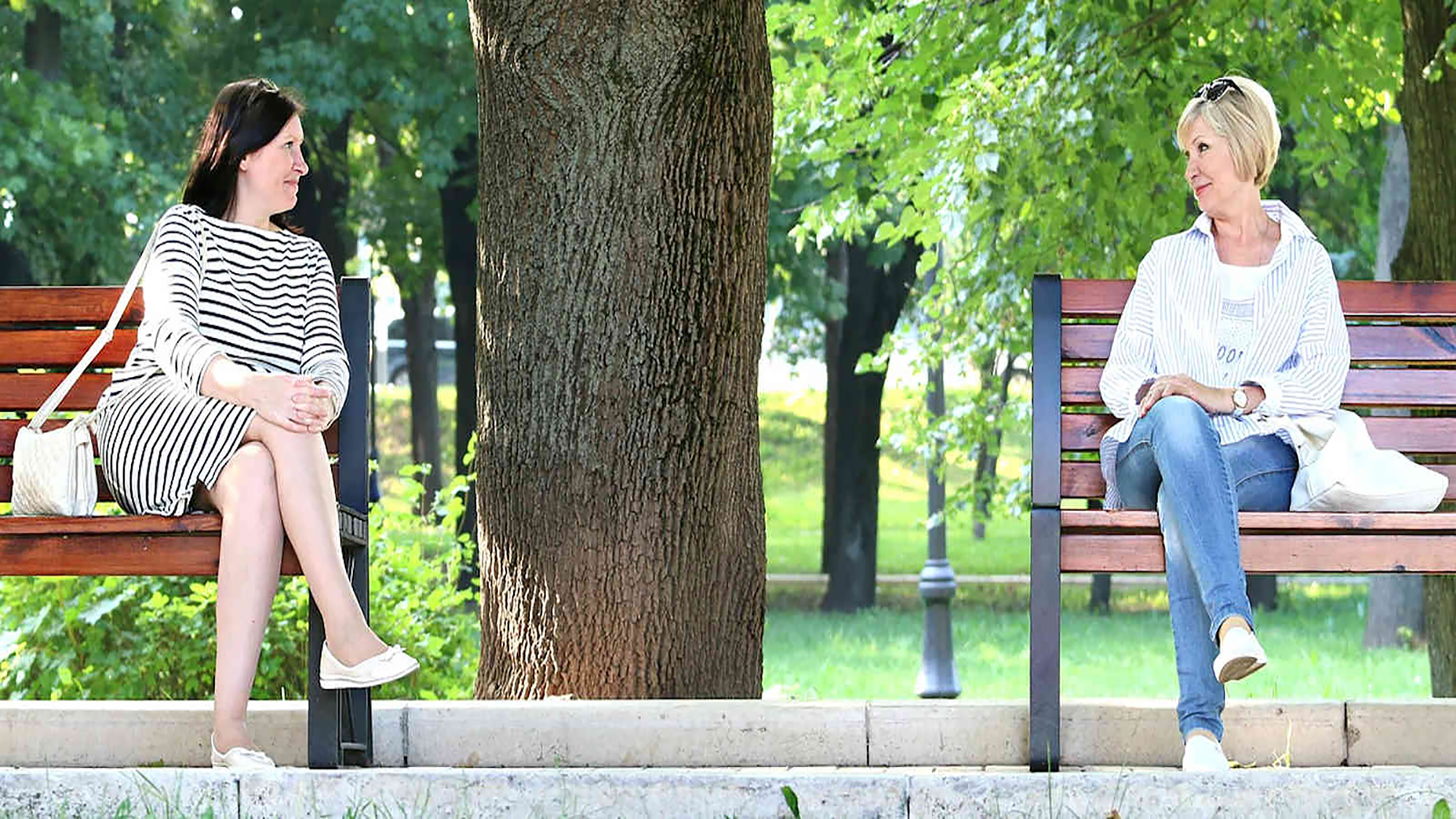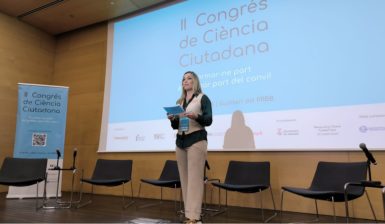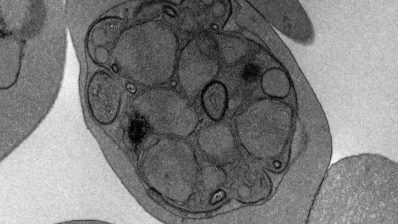It is known that age at menopause is influenced by both genetic and lifestyle factors. Amongst the latter there is smoking, obesity, physical activity and the use of oral contraceptives. Now, researchers at the Barcelona Institute for Global Health (ISGlobal) and the University of Bergen have added one more factor to the list: exposure to green spaces.
In a 20-year long follow up of nearly 2000 women from nine European countries, the scientists found that women living closer to green spaces became menopausal 1.4 years later than those less exposed to nature. According to Payam Dadvand, coordinator of the study, lower stress and better mental health—both of them known benefits of green spaces—could explain this finding.
And why is a late menopause a good thing? Amongst other things, later age at natural menopause has been associated with overall survival, life expectancy and reduced mortality. So, who needs more reasons to spend time in the park?
Kai Triebner, Iana Markevych, Steinar Hustad, Bryndís Benediktsdóttir, Bertil Forsberg, Karl A. Franklin, José Antonio Gullón Blanco, Mathias Holm, Bénédicte Jaquemin, Debbie Jarvis, Rain Jõgi, Bénédicte Leynaert, Eva Lindberg, Jesús Martínez-Moratalla, Nerea Muniozguren Agirre, Isabelle Pin, José Luis Sánchez-Ramos, Joachim Heinrich, Francisco Gómez Real, Payam Dadvand. Residential surrounding greenspace and age at menopause: A 20-year European study (ECRHS). Environment International, August 2019. https://doi.org/10.1016/j.envint.2019.105088






